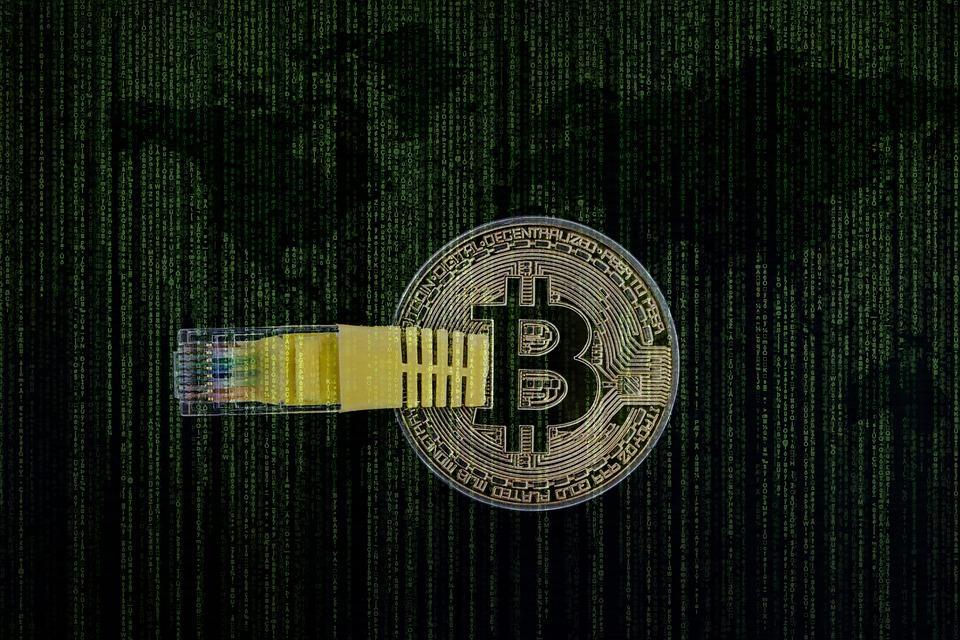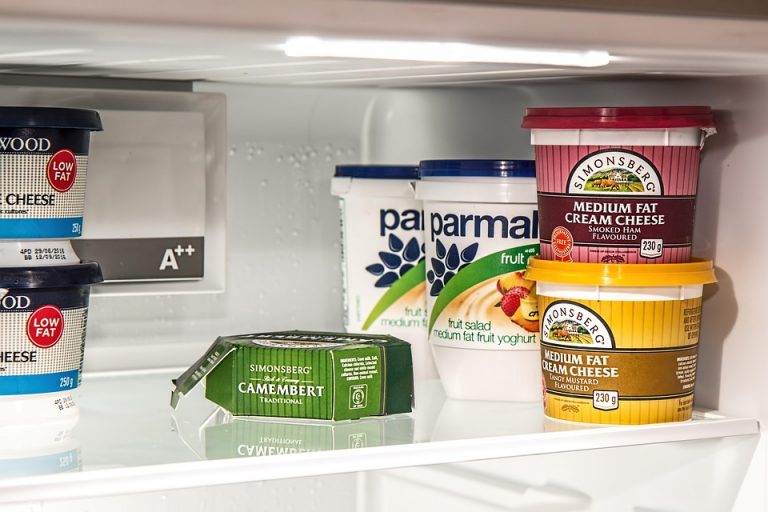Decentralized exchanges are shaking up the trading landscape. If you’re tired of the limitations and frustrations of traditional exchanges, it’s time to explore how these platforms can empower you.
Imagine a trading experience where you control your assets, free from the clutches of centralized authorities. That’s what decentralized exchanges (DEXs) offer—a chance to trade cryptocurrencies directly with others, without intermediaries. This shift isn’t just a trend; it represents a fundamental change in how we think about trading and ownership.
Contents
What Are Decentralized Exchanges?
At their core, decentralized exchanges allow peer-to-peer trading of cryptocurrencies. Unlike traditional exchanges, which require you to trust a centralized entity, DEXs operate on blockchain technology, ensuring transparency and security.
The Significance of DEXs
Why should you care about decentralized exchanges? Here’s the scoop:
- Control: You hold the keys to your digital assets, reducing the risk of hacks and mismanagement.
- Privacy: DEXs often don’t require personal information, giving you an extra layer of anonymity.
- Accessibility: Anyone with an internet connection can trade, breaking down barriers that traditional exchanges create.
This matters because it empowers you as a trader. You’re no longer at the mercy of external forces but rather in the driver’s seat of your trading journey.
How Do Decentralized Exchanges Work?
Understanding the mechanics of DEXs can seem daunting, but it’s simpler than it looks.
Key Components of DEXs
- Smart Contracts: These self-executing contracts are the backbone of DEXs. They automate and enforce trading agreements without needing a middleman.
- Liquidity Pools: Users provide liquidity to the exchange by depositing their assets into pools. In return, they earn fees from trades that occur in those pools.
- Decentralized Governance: Many DEXs are governed by their community of users. Decisions about upgrades and changes are made through voting, ensuring that everyone has a say.
Popular DEXs to Consider
Several platforms lead the pack in the decentralized exchange arena:
- Uniswap: One of the most well-known DEXs, it allows users to trade ERC-20 tokens effortlessly.
- SushiSwap: A community-driven platform that aims to provide extended features and services.
- PancakeSwap: Operates on the Binance Smart Chain, offering lower fees and faster transactions than Ethereum-based DEXs.
The Advantages of Trading on DEXs
Enhanced Security
When you trade on a DEX, your funds remain in your wallet rather than on the exchange. This drastically reduces the risk of hacks or exchange failures. You’re in control, and that’s empowering.
Lower Fees
Traditional exchanges often charge hefty transaction fees, especially during peak trading times. DEXs typically feature lower fees since they cut out the middleman. You get to keep more of your profits.
Greater Variety of Tokens
Many decentralized exchanges allow you to trade a wider variety of tokens. If you’re an early adopter or like to explore new projects, DEXs are your playground.
Challenges of Decentralized Exchanges
While DEXs offer enticing benefits, they do come with their own set of challenges.
User Experience
Let’s be real: the user interfaces of many DEXs can be intimidating. They often lack the polished feel of traditional exchanges. However, as the technology evolves, so does the user experience.
Slippage and Liquidity Issues
If you’re trading less popular tokens, you may face slippage—where the price changes before your order is executed. This can lead to unexpected losses. Ensuring that you’re trading in liquid pools can mitigate this risk.
Regulatory Uncertainty
The regulatory landscape for cryptocurrencies is evolving. While decentralization offers freedom, it also leads to uncertainties regarding legality and compliance. Staying informed is crucial.
How to Get Started with Decentralized Exchanges
Ready to dive in? Here’s a straightforward guide to get you started.
Choose Your Wallet
You’ll need a compatible cryptocurrency wallet to interact with DEXs. Options like MetaMask or Trust Wallet are popular choices. Make sure you secure your wallet with a strong password and backup phrase.
Select a DEX
Pick a decentralized exchange that suits your needs. Research the platforms available. Consider factors like the types of tokens offered, fees, and user experience.
Swap Your Tokens
Once you’ve set up your wallet and selected a DEX, you can begin trading. Connect your wallet to the platform, select the tokens you want to trade, and execute your transaction. Remember to check for slippage settings before finalizing your trades.
Tips for Safe Trading on DEXs
- Do Your Research: Always investigate the tokens you’re interested in. Knowledge is your best defense against scams.
- Stay Informed: Follow reputable sources and communities to keep up with market trends and news.
- Use Limit Orders: Setting limit orders can help you control the price at which you buy or sell, minimizing the risk of sudden market movements.
The Future of Trading with Decentralized Exchanges
Decentralized exchanges are just getting started. As technology advances, we can expect:
- Improved User Interfaces: More intuitive designs mean that DEXs will become accessible to everyone, even those who are new to the crypto space.
- Integration with DeFi: The synergy between DEXs and decentralized finance (DeFi) could revolutionize how we think about trading and investing.
- Increased Regulation: As DEXs gain popularity, regulators will likely take a closer look, leading to clearer guidelines for users.
Bottom Line
Decentralized exchanges are changing the way you trade, offering freedom, security, and opportunity. They empower you to take control of your financial destiny in a way that traditional exchanges can’t.
If you’re ready to embrace this future, start exploring DEXs today. Your trading journey awaits!
FAQ
What are the risks of using decentralized exchanges?
While they offer more control and privacy, risks include potential scams, liquidity issues, and user interface challenges.
Can I trade any cryptocurrency on decentralized exchanges?
Most DEXs focus on specific tokens, typically ERC-20 or BEP-20 tokens. Research your desired tokens before trading.
Are decentralized exchanges completely anonymous?
While they offer more privacy than centralized exchanges, complete anonymity isn’t guaranteed. Always exercise caution and protect your personal information.
Embrace the change and take charge of your trading experience!








